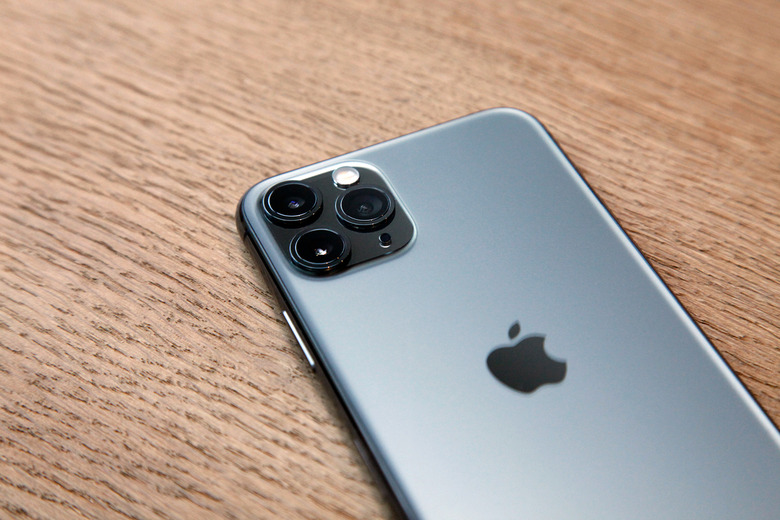iPhone 5G To Support Both mmWave And Sub-6GHz Bands
Apple has never attempted to be the first company to support the next-gen, speedier, wireless data transfer standard. It waited to make the jump to 3G and 4G, and the company is taking a similar approach for 5G. While several of its rivals have already launched 5G phones, the iPhone 11 phones only support LTE, just like their predecessors. However, Apple is expected to adopt 5G as soon as next year. The same insider who said recently that all 2020 iPhones will sport 5G connectivity is back with a new prediction about next year's iPhone lineup, revealing that the iPhone 12 — or whatever Apple ends up calling it — should support all 5G tech versions.
A new research note from Ming-Chi Kuo seen by 9to5Mac claims that the 5G iPhones will support both mmWave and sub-6GHz bands. These are 5G frequency versions in use in several markets around the world, and the 5G networks of the future will work on a combination of mmWave and sub-6GHz bands. Phones will, therefore, have to support both these frequency types, and the 5G iPhone shouldn't be the only 2020 device to come with mmWave and sub-6GHz compatibility.
Kuo's note also indicates that Apple will continue to use LCP FPC antennas on 2020 iPhones, or antennas that are made of a Liquid Crystal Polymer material:
We expect that the shipment allocation of iPhone models that support 5G mmWave will account for 15–20% of the total shipments of new 2H20 iPhone models. This will benefit LCP FPC usage a lot, given the 5G mmWave iPhone uses three LCP FPC units (vs. other iPhone models' single LCP FPC unit).
The advantage of LCP antennas is twofold. First, they have a very low signal loss, which is an advantage for 5G, which has lower penetration, depending on what bands are used. Secondly, their performance isn't affected by temperature fluctuations.
iPhone models will require more LCP FPC antennas because 5G phones need more antennas. That's why Kup expects LCP FPC antenna shipments to increase for next year's iPhone.
Even though Apple is developing its own 5G modem, the company will likely purchase 5G parts from Qualcomm for the 2020 iPhones.
